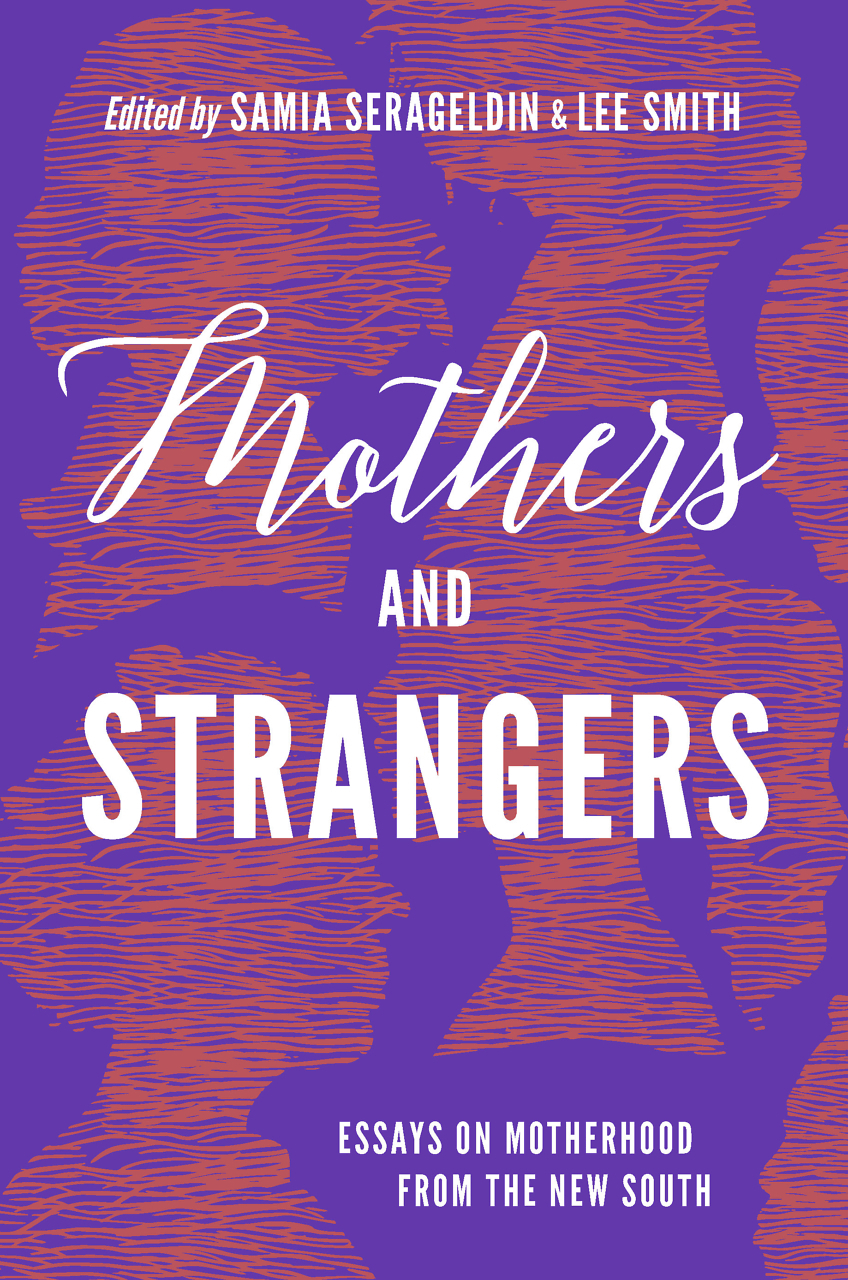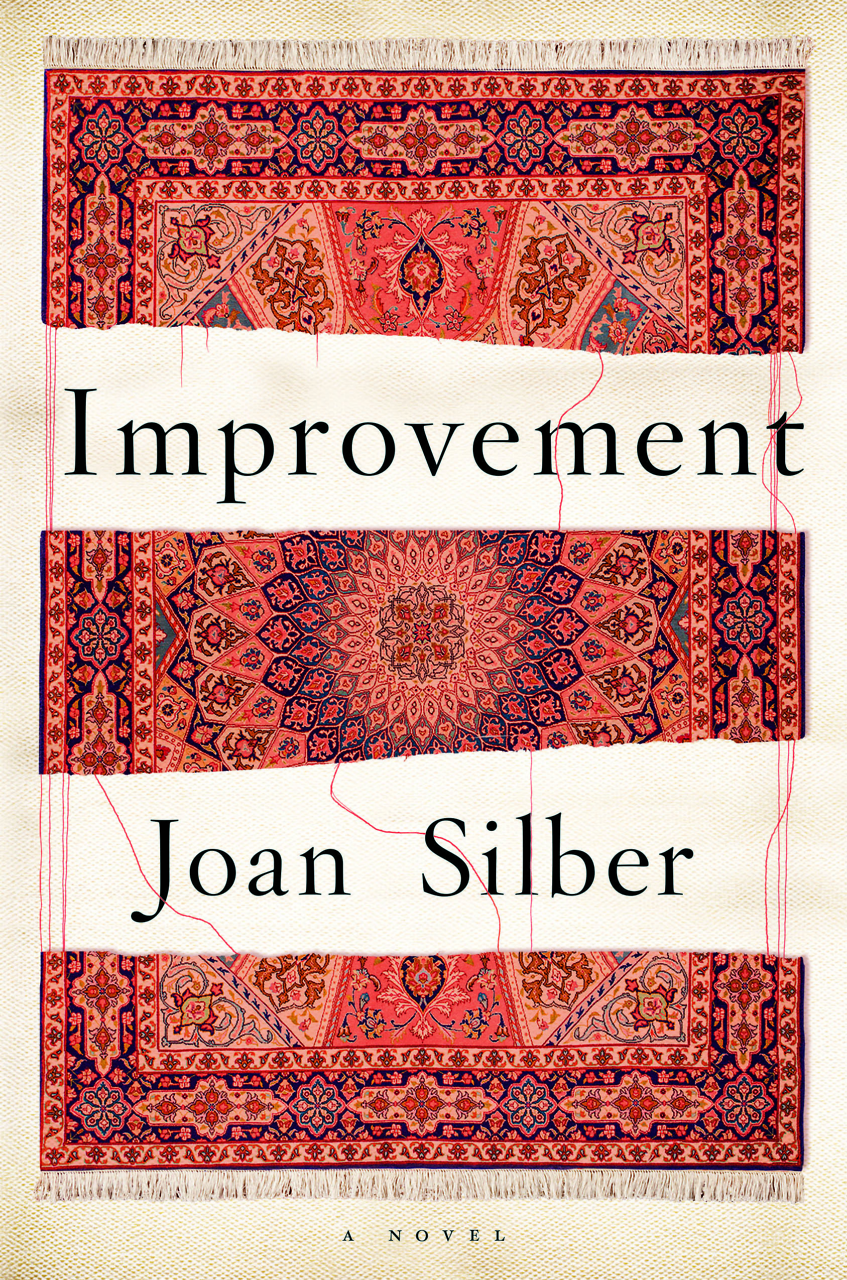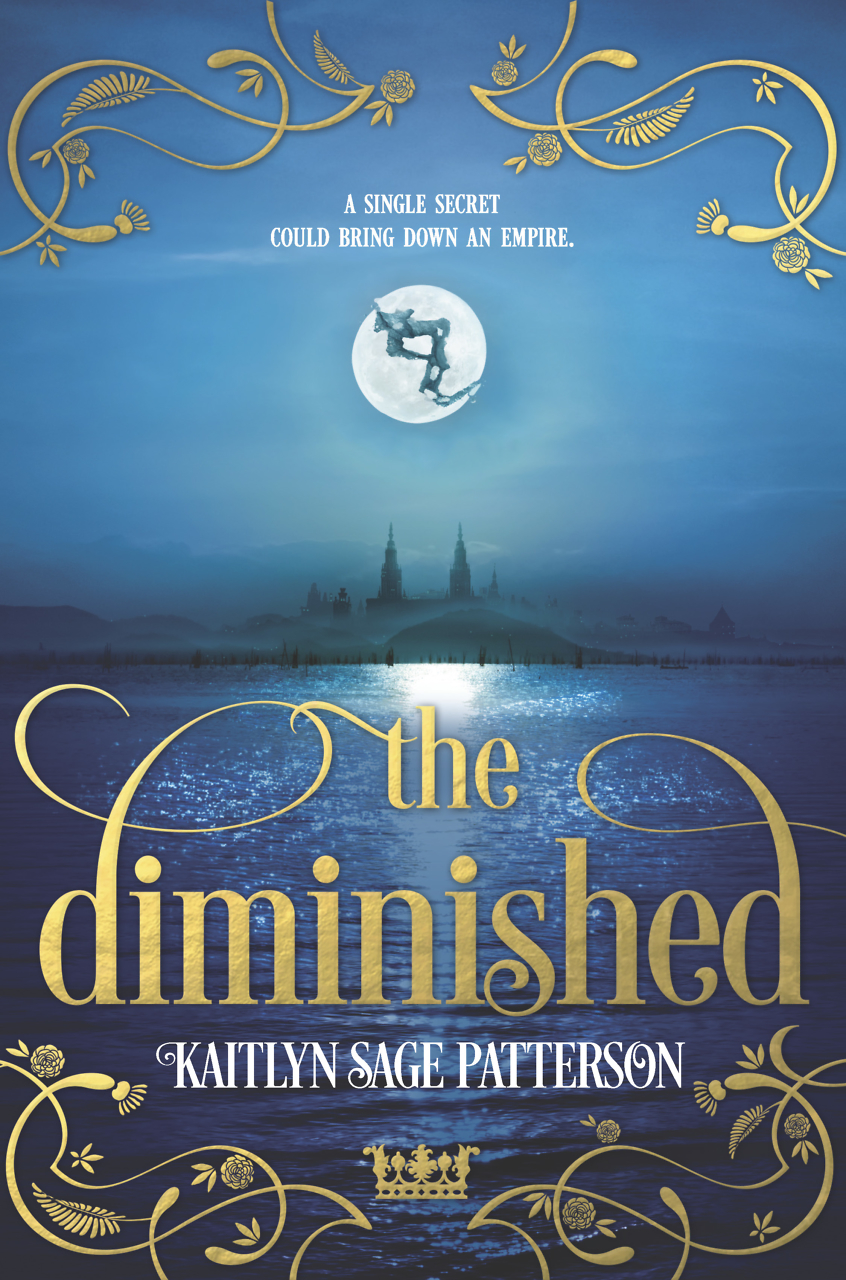Behind the Quirks
Martha Woodroof explores the heartaches and hopes at a small fictional college
In her debut novel, Small Blessings, Martha Woodroof examines the heartaches and hopes behind the eccentric personalities at a women’s college in Virginia. Middle-aged Tom Putnam, an English professor, has reconciled himself to a sort of half-life. He is more caretaker than husband to Marjory, who “had sunk into pathological timidity and indecisiveness” ten years earlier and is so emotionally fragile that it takes both Tom and Agnes, Marjory’s mother, to care for her. Tom’s guilt over a brief affair with a visiting poet several years earlier adds to his misery. His days have faded into a sad, gray routine that he expects will continue until death.
 Then Tom and Marjory meet Rose Callahan, a new employee at the campus bookstore, and the unthinkable happens: Marjory invites Rose to dinner. “Tom stopped staring at Rose Callahan and turned to stare at his wife,” Woodroof writes. “Marjory hadn’t issued a social invitation in ten years. Was she drunk at three o’clock in the afternoon? Had she taken too many of her happy pills?” As startling as Marjory’s invitation is, it is not the only shock in store for Tom. Soon he receives a letter from his former lover, who announces that she has given up poetry in favor of romance novels and is about to embark on an author’s tour. Also, Tom is the father of her ten-year-old son, Henry, whom she is sending to him on a train that will arrive the following Monday.
Then Tom and Marjory meet Rose Callahan, a new employee at the campus bookstore, and the unthinkable happens: Marjory invites Rose to dinner. “Tom stopped staring at Rose Callahan and turned to stare at his wife,” Woodroof writes. “Marjory hadn’t issued a social invitation in ten years. Was she drunk at three o’clock in the afternoon? Had she taken too many of her happy pills?” As startling as Marjory’s invitation is, it is not the only shock in store for Tom. Soon he receives a letter from his former lover, who announces that she has given up poetry in favor of romance novels and is about to embark on an author’s tour. Also, Tom is the father of her ten-year-old son, Henry, whom she is sending to him on a train that will arrive the following Monday.
Obviously, change is in the air. But not just for Tom: another professor, Russell Jacobs, the witty man about campus, suspects that he too may have a connection to Henry. And then there’s Iris Benson, for whom every conversation is more like a challenge that will end in a duel. Iris is up for tenure, and if she makes it, Tom thinks, “it would have as much to do with the volume of her voice as the volume of her scholarship. His fellow sheltered academics often confused aggression with competence.” Iris has her own secret that may affect everything she’s worked for. Even the calm and gentle Rose, a woman who seems to bring out the best in everyone, has her mysteries. And the arrival of Henry will make all the characters face up to what they’ve been hiding.
Woodroof throws in enough Dickensian plot twists to qualify as an honorary Victorian. Even readers who are able to predict the ending will be surprised at the circuitous route the novel takes to get there. Still, it’s the characters who linger in memory after the book is closed: Tom, miserably combining an acceptance of the worst with a new-found hope. Little Henry, who has already witnessed enough sadness for three lifetimes. Agnes, who loves her damaged daughter but who also wishes for Tom to have a chance at a happy life. Even Marjory, who, despite her pain, “always had the guts to hope that life would get better.”
In her debut novel Woodroof has created a world which reminds us, despite past sadnesses and dimly-lit futures, that it’s a mistake to count out hope. Hope that we can change. Hope for small blessings that might make all the difference.

Faye Jones, dean of learning resources at Nashville State Community College, writes the Jolly Librarian blog for the college’s Mayfield Library. She earned her doctorate in nineteenth-century literature at Indiana University of Pennsylvania.


